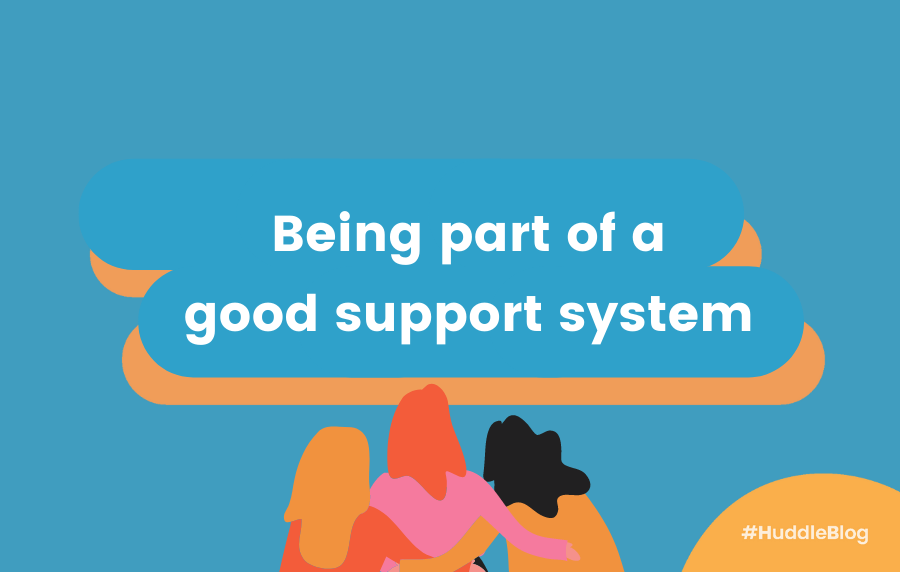One of the common issues faced by people with mental health disorders is not being heard or understood. Being able to understand what someone else is going through is a difficult feat for most people who are not sufferers themselves, from their daily discomforts to the inconveniences they face. At best, we sympathise and feel for them, providing a listening ear and a comforting presence.
So, that’s it? Is there nothing more we can do for our loved ones?
I see many of you asking these questions in your head. The short answer is yes. But there’s more to this I can promise you. Keep reading.
For starters, you could encourage them to join a support group. Support groups are made up of people who are going through the same struggles or have encountered similar life experiences that enables them to be able to shed light on and relate to the issue at hand. Journeying together is what the group does. It is not a just a one off session, but a recurrent one, where the group meets virtually or in-person to share about the events that have occurred in their lives, feelings, coping strategies and first-hand information about the disorder and its treatment methods. It also helps one to improve their sense of understanding about their condition, boosting one’s self-esteem and confidence, and learning about what other resources are available for them.
Although support groups are generally a safe-space for one to be vulnerable and to be held by fellow sufferers, it should be done in conjunction with other treatment methods, especially for more severe cases.
Support groups mainly fill in the gap between professional help and the need for emotional support. Though the adequacy of emotional support cannot be measured quantitatively and may differ between individuals, on a whole, mental health sufferers may need different types of support – for example, medical, psychological, instrumental, emotional and informational support – which can be gratified by an array of support options. So, friends and family of people with mental health disorder, you are a crucial asset in helping them live with their disorder. Just keep up what you’ve been doing and keep listening.
Another facet of a good support system is accountability. It is the allowance of others to call one out when destructive behaviour occurs. This is an essential component in a good support system because in moments of distress, it may be difficult to identify what is the right or wrong thing to do. Thus, this source of authority helps guide them on the next course of action. It also motivates them to re-evaluate their actions, spotting trigger points, and work towards coping better with their condition.
A common misbelief is that one can handle everything alone and that one is burdensome, which is untrue because we are innately social creatures who need social interactions (yes, even introverts!). Social interactions help us gain our sense of belonging and security, which is a necessity for our health and wellness. A good support system made up of loved ones and professional help can give them the booster they need to rein in their condition and live their lives meaningfully.





